Media coverage
Share

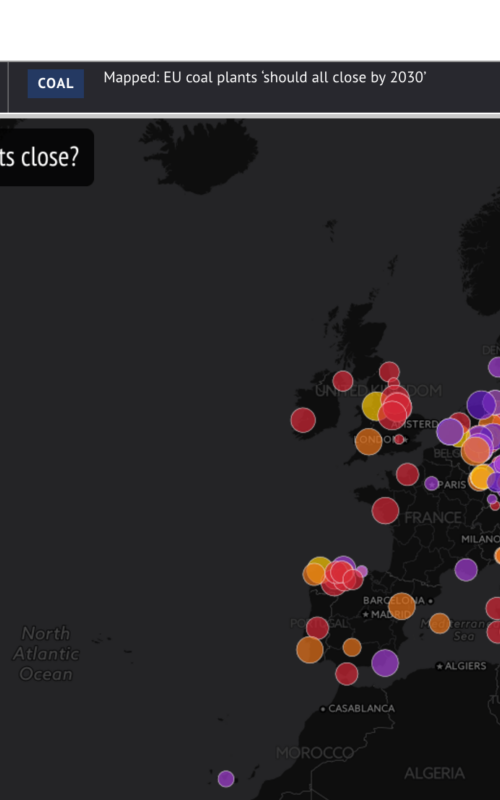
Carbon Brief
EU countries should close all of their coal plants by around 2030 if they wants to stick to the Paris Agreement on climate change. This is the conclusion of a new report by research non-profit Climate Analytics. The cheapest way to meet Paris targets is to replace EU coal power with renewables and energy efficiency, it says.
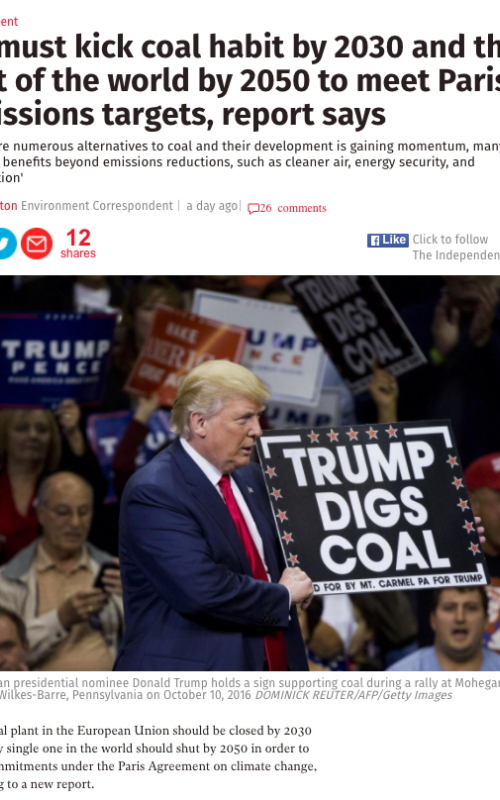
The Independent
Every coal plant in the European Union should be closed by 2030 and every single one in the world should shut by 2050 in order to meet commitments under the Paris Agreement on climate change, according to a new report. Researchers at Climate Analytics founds replacing coal with renewable energy was the cheapest way to achieve the targets to reduce greenhouse gas emissions.
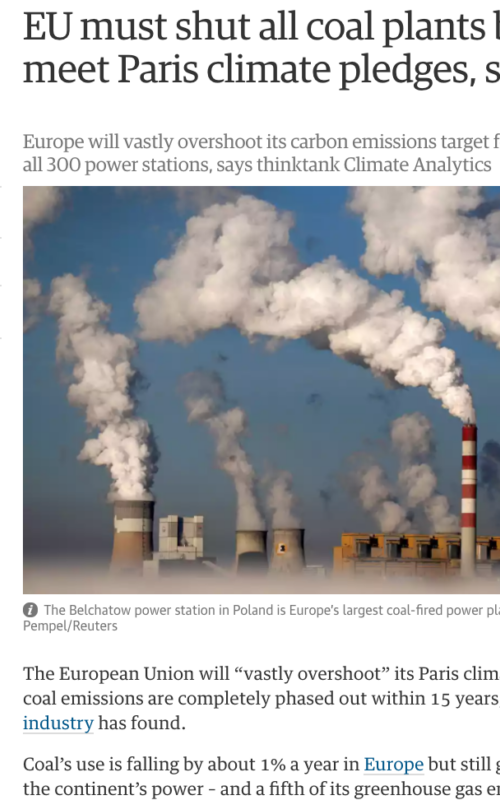
The Guardian
The European Union will “vastly overshoot” its Paris climate pledges unless its coal emissions are completely phased out within 15 years, a stress test of the industry has found. Coal’s use is falling by about 1% a year in Europe but still generates a quarter of the continent’s power – and a fifth of its greenhouse gas emissions.
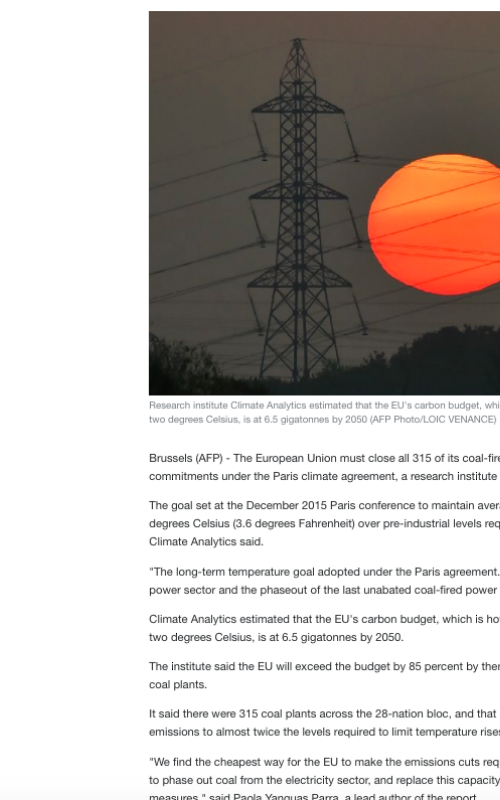
AFP
Brussels (AFP) - The European Union must close all 315 of its coal-fired power plants by 2030 in order to meet its commitments under the Paris climate agreement, a research institute said Thursday. The goal set at the December 2015 Paris conference to maintain average temperature increases to less than two degrees Celsius (3.6 degrees Fahrenheit) over pre-industrial levels requires the gradual closure of EU coal plants, Climate Analytics said.
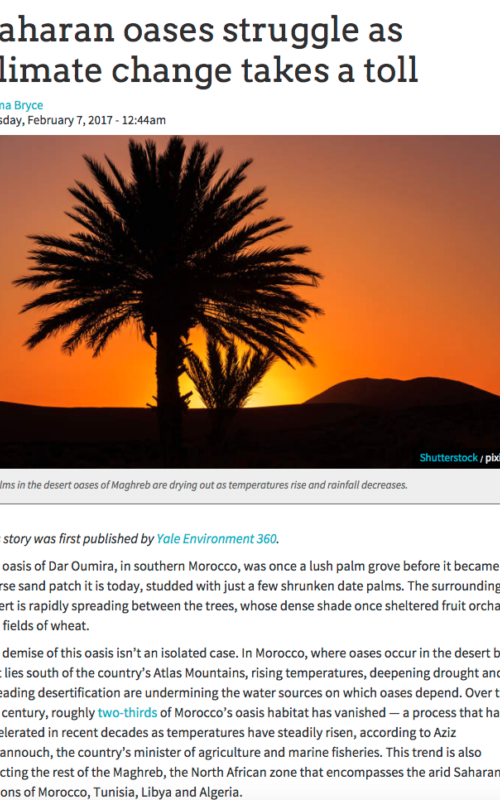
Green Biz
Climate change is bad news for desert oases across Maghreb, the North African zone that encompasses the arid Saharan nations of Morocco, Tunisia, Libya and Algeria. The drying trend is likely to continue, says Climate Analytics' Dr Carl-Friedrich Schleussner.
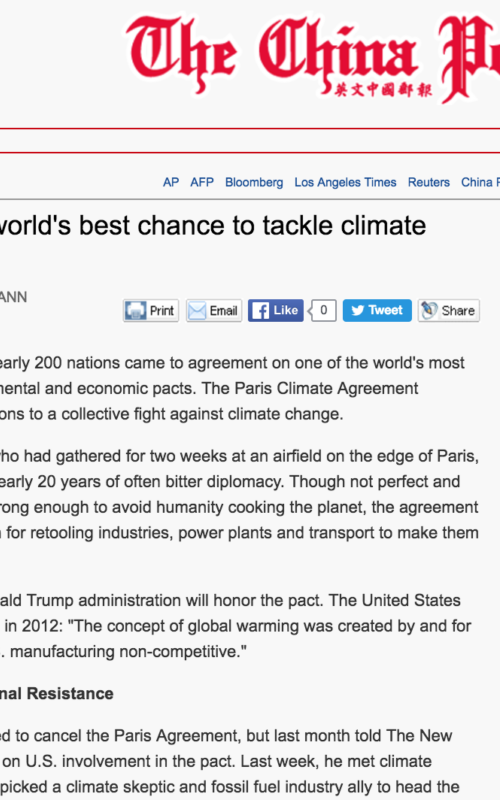
The China Post
"Over the next five to 10 years, if we succeed in bending the present upward curve of emissions and ramp up climate action — meaning that by 2025 emissions are well and truly on a downward trajectory — then we will be able to say the agreement is working," says climate scientist Bill Hare.
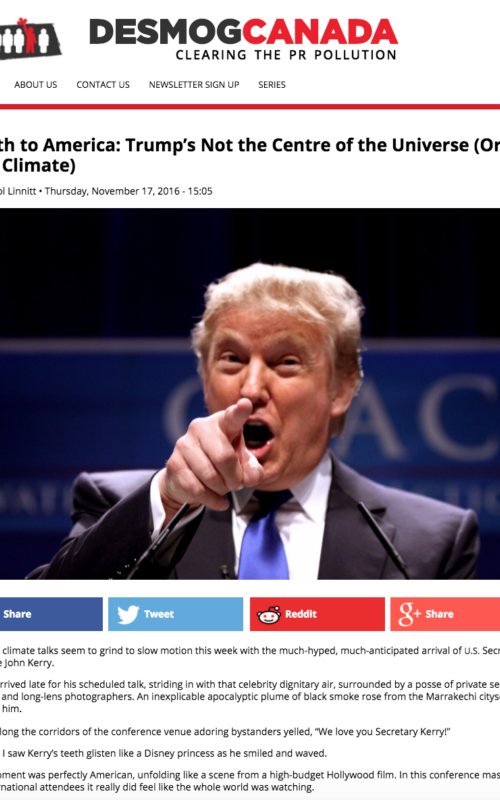
Desmog Canada
“The strongest moral leadership in this process has always come from the vulnerable countries,” he said. “And not just in providing that leadership but in actually committing to do more.” Bill Hare, climate scientist and director of Berlin-based Climate Analytics, said Trump’s surprise victory did dampen the mood in Marrakech — for a day. “People bounced back quickly, thinking ‘well, okay, we can also do tough.’ “
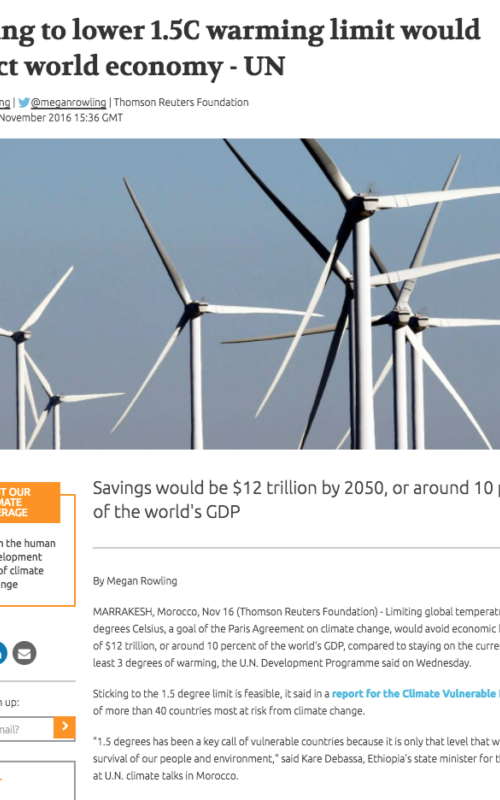
Thomson Reuters Foundation
Limiting global temperature rise to 1.5 degrees Celsius, a goal of the Paris Agreement on climate change, would avoid economic losses by 2050 of $12 trillion, or around 10 percent of the world's GDP, compared to staying on the current track of at least 3 degrees of warming, the U.N. Development Programme said on Wednesday.
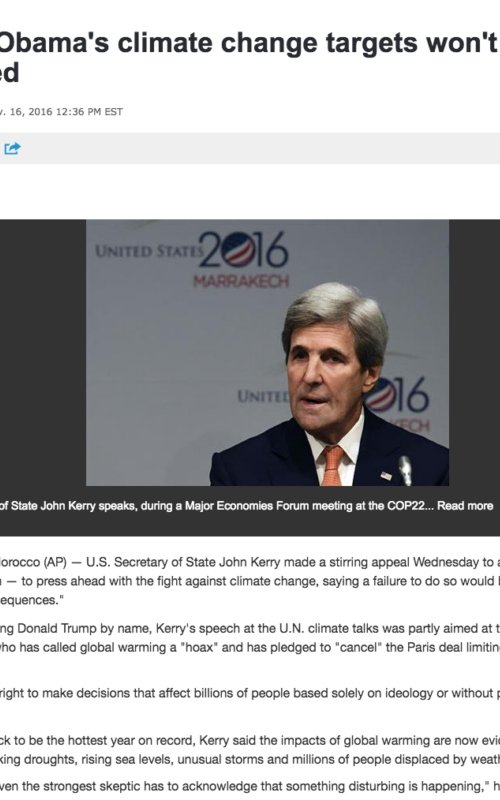
Associated Press
U.S. Secretary of State John Kerry made a stirring appeal Wednesday to all countries — including his own — to press ahead with the fight against climate change, saying a failure to do so would be a "betrayal of devastating consequences." Bill Hare, director of the Climate Analytics said if Trump dismantles Obama policies such as the Climate Action Plan and Clean Power Plan, then U.S. emissions would stay at current levels instead of decrease.
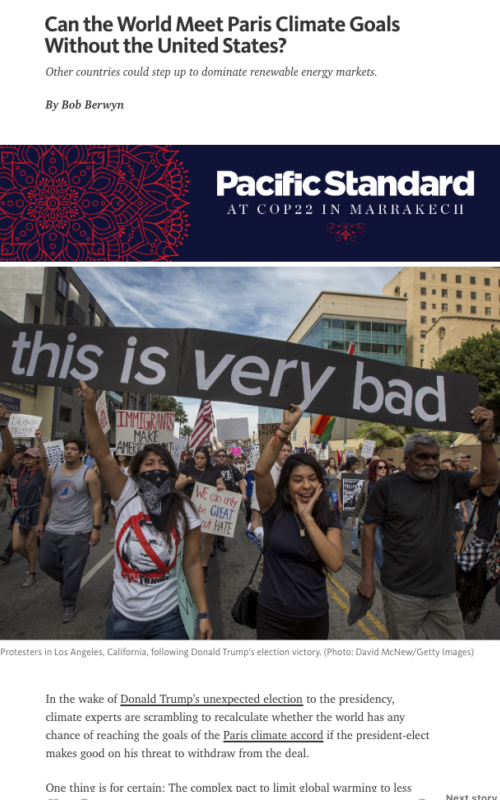
Pacific Standard
In the wake of Donald Trump’s unexpected election to the presidency, climate experts are scrambling to recalculate whether the world has any chance of reaching the goals of the Paris climate accord if the president-elect makes good on his threat to withdraw from the deal.